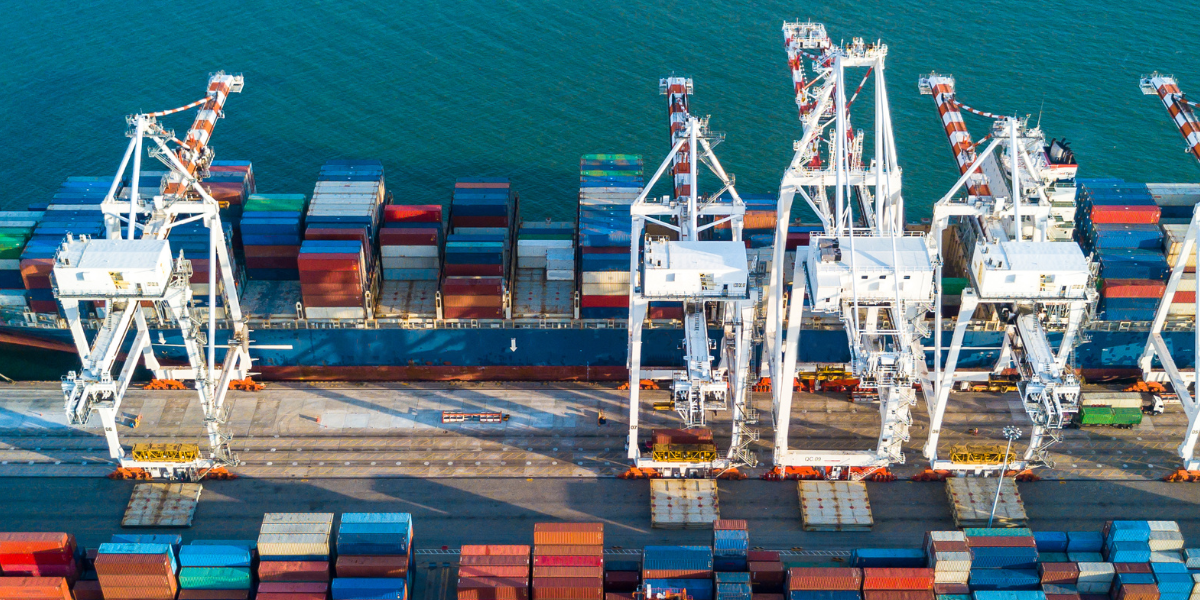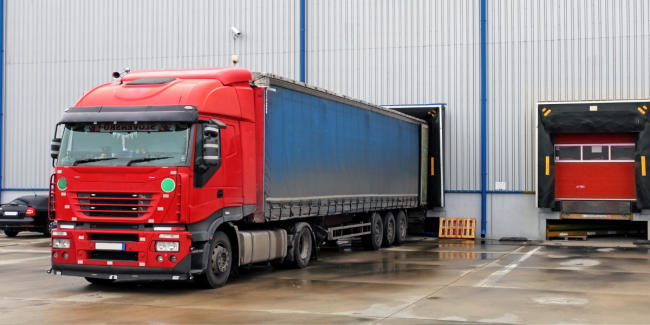
The Role of Freight Forwarding in Global Logistics
In the dynamic landscape of international trade, freight forwarding emerges as a strategic partner that enhances operational efficiency, lowers costs, and mitigates business risks. With access to the expertise and resources of experienced freight forwarders, companies can confidently navigate the complexities of global logistics and elevate their competitive edge.
What is Freight Forwarding?
Freight forwarding is a service that manages the transportation of goods from the point of origin to the final destination. It involves coordinating various logistics aspects, including shipping methods, documentation, customs clearance, and transportation.
What Role Does a Freight Forwarder Play in Global Logistics?
A freight forwarder acts as an intermediary between businesses and the transportation companies involved in moving goods. They handle the intricacies of logistics, ensuring smooth international shipments and compliance with regulations.
Key Functions of Freight Forwarding in Global Logistics
Freight forwarders provide various services, including selecting transportation methods (air, sea, road, rail), arranging shipping schedules, managing documentation, customs clearance, cargo insurance, warehousing, etc.
Transportation Management
The primary function of a freight forwarder is to manage transportation logistics, ensuring that goods are transported efficiently and cost-effectively. This includes coordinating with carriers, booking transportation, and arranging for the packaging, storage, and distribution of goods. Freight forwarders specialize in international shipping logistics and facilitate the movement of goods. They manage the entire shipping process, from packing and labeling to customs clearance and delivery.
Customs Clearance and Compliance
Navigating the complex customs regulations and procedures can be challenging for importers and exporters. Freight forwarders play a critical role in customs clearance by helping importers and exporters navigate complex customs regulations and policies. They provide specialist services managing container packing and unpacking, customs clearances, and raising insurance claims.
Warehousing and Inventory Management
Freight forwarders are responsible for arranging storage, shipping, and tracking goods. They manage all supply chain operations, from customs clearance and warehousing to scheduling, dispatching, tracking, and reporting. Freight forwarders also consolidate shipments from multiple clients to optimize transportation costs and improve efficiency.

Why Using a Freight Forwarder is Important for Your Business
Freight forwarding is a vital link in the global supply chain, offering many benefits that significantly impact businesses across various industries.
- Global Network and Resources: Freight forwarders have a vast network of contacts, including carriers, shippers, and customs authorities, both domestically and internationally. Leveraging these connections, they can secure competitive shipping rates, choose the most efficient routes, and navigate potential obstacles effectively.
- Customized Solutions: Every business has unique shipping requirements, and freight forwarders offer tailored solutions that cater to specific needs. From selecting the appropriate shipping method (air, sea, road, or rail) to arranging consolidation and warehousing, they craft personalized strategies that align with businesses’ goals and constraints.
- Documentation and Compliance: Freight forwarders ensure that all necessary paperwork, such as customs declarations and certificates of origin, is accurate, complete, and compliant with regulations. This meticulous attention to detail prevents border delays and keeps shipments on track.
- Risk Mitigation: Freight forwarders provide cargo insurance options that safeguard businesses against potential losses due to damage, theft, or unforeseen events during transit. This proactive approach mitigates financial risks and provides peace of mind, allowing companies to focus on core operations.
- Time and Cost Savings: Outsourcing shipping logistics to freight forwarders reduces the administrative burden on businesses. This allows companies to allocate resources more efficiently, focus on core competencies, and avoid investing time and money in developing in-house shipping expertise.
- End-to-End Visibility: Modern freight forwarding services often include advanced tracking and visibility tools. Businesses can monitor their shipments in real-time, gaining insights into the status and location of goods at every stage of the journey.
Overall, freight forwarding plays a crucial role in streamlining global logistics, ensuring the efficient movement of goods across borders and oceans. By partnering with an experienced freight forwarder like DAL, businesses can tap into a wealth of expertise and resources to navigate the challenges of international trade.
Frequently Asked Questions About Freight Forwarding
- Why should businesses use freight forwarding services? Companies use freight forwarding services to leverage the expertise of professionals who navigate the complexities of global shipping. Freight forwarders offer efficient solutions, cost savings, and risk mitigation, allowing companies to focus on their core operations.
- How do freight forwarders ensure timely delivery? Freight forwarders use their network of carriers, shippers, and customs authorities to choose the most efficient routes and methods. They track shipments in real-time and take proactive measures to avoid delays and keep deliveries on schedule.
- Do freight forwarders handle customs clearance? Yes, freight forwarders are well-versed in customs regulations and documentation. They ensure the necessary paperwork is accurately prepared, preventing delays at international borders and ensuring compliance with import and export regulations.
- Can businesses track their shipments with freight forwarders? Many freight forwarders offer tracking and visibility tools that allow companies to monitor their shipments throughout the journey. This real-time tracking provides insights into the shipment’s location and status.
- Are there risks associated with global logistics that freight forwarders help mitigate? Yes, freight forwarders offer cargo insurance options that protect against potential losses due to damage, theft, or unexpected events during transit. This insurance coverage helps mitigate financial risks associated with international shipping.
- Are freight forwarding services suitable for all business sizes? Yes, freight forwarding services are valuable for businesses of all sizes – from small enterprises to large corporations. They help companies navigate the complexities of international trade, regardless of their scale.
- How do I choose a reliable freight forwarding partner? Look for experienced and reputable freight forwarding companies with a strong track record of successful shipments, positive customer reviews, and a global network of contacts.
Elevate Your Global Logistics with DAL
DAL is your trusted partner in freight forwarding. With a proven track record, a global network, and a commitment to seamless international shipments, we’re here to simplify your logistics challenges. Contact DAL today and experience the power of expertise-driven solutions that propel your business on the global stage.